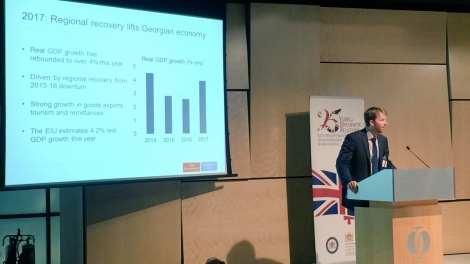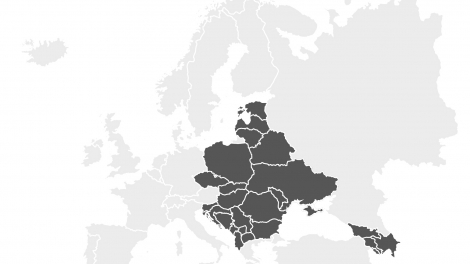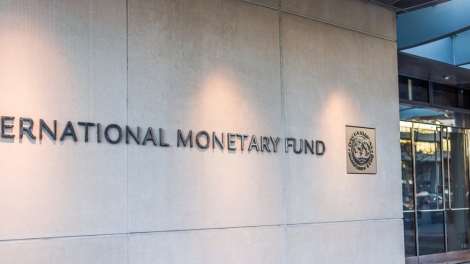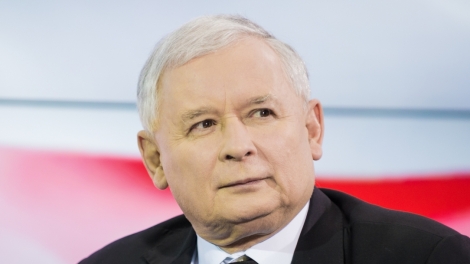The world economy has strengthened, with monetary and fiscal stimulus underpinning a broad-based and synchronised improvement in growth rates across most countries...
Analysis
Government investigations and regulatory compliance are increasingly concerning issues for businesses operating in the CEE market. This is according to the latest...
More than 150 politicians, business leaders, analysts, journalists, bankers, investors and people who simply have an interest in Georgia were brought together on...
The outlook for Moldova is favourable, and in the medium term the economy is projected to grow close to 4 per cent. Those were the conclusions of an IMF report which...
Industrial production prices rose by 2.9 per cent year-on-year in the euro area compared with 2016, and by 3.3 per cent in the EU28. The figures are Eurostat estimates...
Poland’s government has made no secret over the past 12 months of its plans to change media rules in a such way that could force some foreign owners out of the country...
Georgia, Moldova and Ukraine may soon join the European customs union and Schengen area, gaining increased access to the single market. The European Parliament passed a...
Income convergence in the Western Balkans has stalled, according to the IMF’s new report, Regional Economic Outlook: Europe Hitting Its Stride. Measured in purchasing...
Prague’s Na Příkopě and Pařížská are the most expensive retail streets in emerging Europe, with monthly rents averaging 220 euros per square metre. Kaunas is Europe’s...
Growth in Emerging Europe increased to around 3 per cent in the first half of 2017, up from 1.5 per cent in 2016, according to the latest IMF Regional Economic Outlook:...
A new report published by HSBC on November 14 shows growth across emerging Europe exceeding expectations in the third quarter of 2017. Romania (8.8 per cent), Poland (4...
Poland’s governing party, Law and Justice (PiS) continues to herald its multiple successes two years after the party won a general election. First, the party’s leader...












